Boris Johnson’s big Brexit plan
The prime minister needs to get Brexit done, and get the economy growing – particularly for first-time Tory voters. Can he manage all that while negotiating a good deal? Helen Thomas of Blonde Money outlines his plan
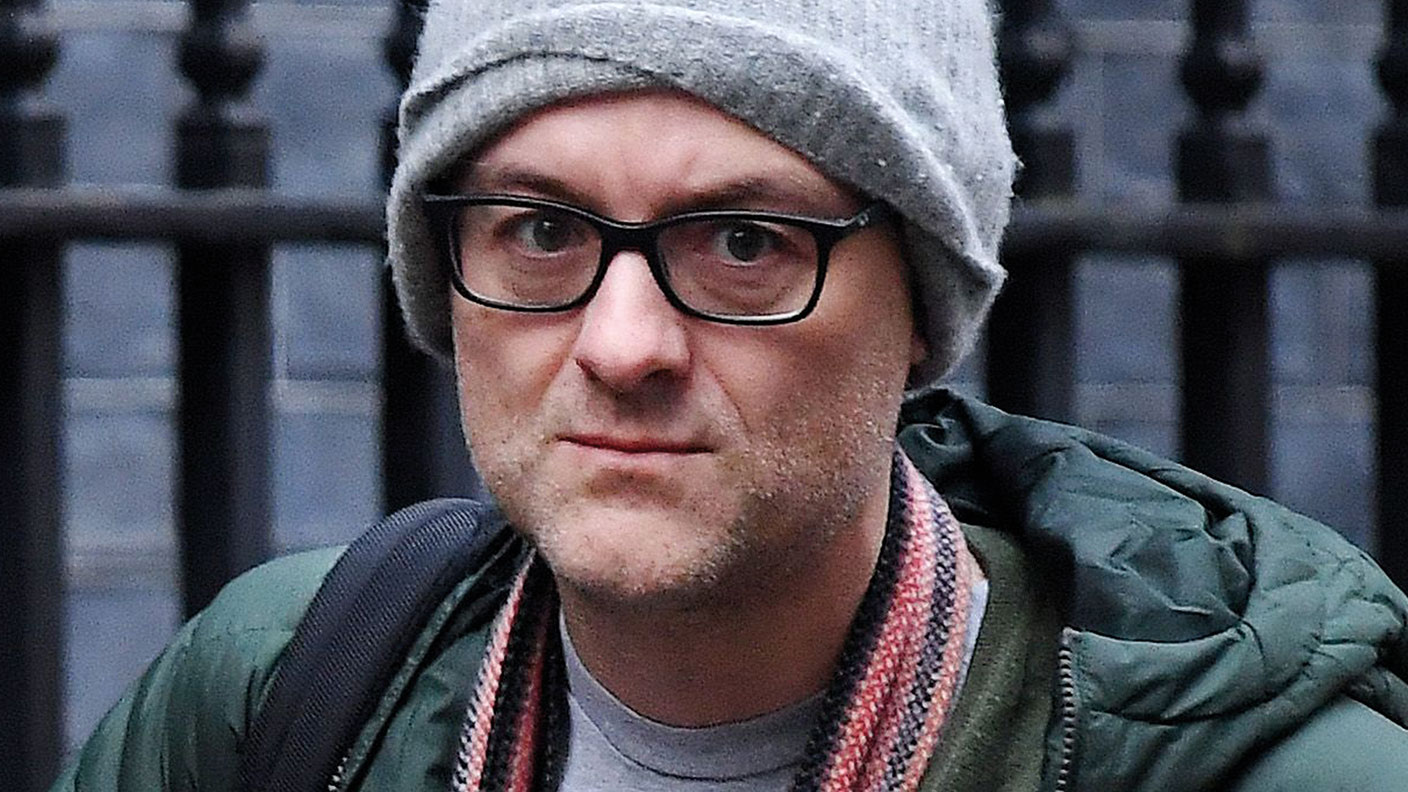
Get the latest financial news, insights and expert analysis from our award-winning MoneyWeek team, to help you understand what really matters when it comes to your finances.
You are now subscribed
Your newsletter sign-up was successful
Want to add more newsletters?

Twice daily
MoneyWeek
Get the latest financial news, insights and expert analysis from our award-winning MoneyWeek team, to help you understand what really matters when it comes to your finances.

Four times a week
Look After My Bills
Sign up to our free money-saving newsletter, filled with the latest news and expert advice to help you find the best tips and deals for managing your bills. Start saving today!
This article was first published in MoneyWeek magazine issue no 984 on 31 January 2020. To make sure you don't miss out in future, sign up to MoneyWeek here and get your first six issues free.
Despite the thumping majority delivered to Boris Johnson just a few weeks ago, he knows that he cannot afford to rest on his laurels. Within hours of his victory he was quick to thank those who “may only have lent us your vote”; where “your hand may have quivered over the ballot paper before you put your cross in the Conservative box”. He now has up to five years to convince these people to stick with him. How will he do it?
To start with, he must, as he promised, “Get Brexit Done”. The easy part will be achieved when the UK officially exits the European Union (EU) at 11pm on the day this magazine hits your doormat. But it won’t look like we have left, given that the implementation period preserves the status quo for the following 11 months. To convince voters that he has delivered, Johnson will need to show that the UK has taken back control of its borders, its money and its institutions of government. This will be tricky, to say the least. Not only because he now enters a complex negotiating period with the EU – whereby compromise will be part of the inevitable conclusion – but also because this next phase will be weighed down by tortuous details and legal jargon. If voters felt the Irish Backstop was complicated, let’s see how they feel about how rules of origin affect just-in-time supply management chains. Your eyes are no doubt glazing over even as you read that sentence.
MoneyWeek
Subscribe to MoneyWeek today and get your first six magazine issues absolutely FREE

Sign up to Money Morning
Don't miss the latest investment and personal finances news, market analysis, plus money-saving tips with our free twice-daily newsletter
Don't miss the latest investment and personal finances news, market analysis, plus money-saving tips with our free twice-daily newsletter
This Brexit fatigue is exactly what the PM wants. He has reportedly forbidden ministers from using “the B-word” and won’t mind a jot if it moves from the front pages to the business pages of the newspapers. The less it’s spoken about, the more voters will move on. Instead, he will drive forward the narrative of an open Britain, moving onwards and upwards as it embraces new trade agreements and a fresh domestic economic strategy. The Budget will become the B-word that matters. On 11 March, Chancellor Sajid Javid will be able to deliver a radically new fiscal direction for the country. His predecessor Philip Hammond declared an end to the age of austerity; Javid can introduce a new era of infrastructure investment. Johnson loves a big project. With interest rates low and (some) fiscal headroom, he can build new bridges or train tracks. He can be bold. His budget will sail through, not only thanks to that huge majority, but also because it will still be Jeremy Corbyn at the opposite despatch box. Labour’s new leader won’t take over until April. There is no opposition to anything Johnson wants to do.
The tricky balancing act facing Johnson
Except, of course, when it comes to those pesky negotiations with the EU over our future relationship. Alignment to EU rules would be less economically disruptive in the short term; but without divergence, Johnson will struggle to make the key argument that the UK has indeed taken back control. Can he deliver enough of a fiscal boost to buffer the economy from a disruptive departure at the end of this year? Will the Bank of England play its part with monetary stimulus?
Even if he gets an economic boost, it must be one that helps those voters who lent him their votes. Those citizens, who are based in areas which have struggled in recent times, might not be too happy if, for example, a huge employer in the area decides to up sticks and quit the UK because it has diverged too far from EU rules. We might all glaze over at the mention of legal jargon – but nothing hits home like job losses.
The framing of the debate
And so the final part of Johnson’s political strategy falls to his right-hand man, arch-campaigner, Dominic Cummings. Economic pain can be taken if it’s in the pursuit of an ideological goal. Just look at people who voted for Scottish independence – their decision was motivated by their sense of identity, rather than by GDP statistics. Even if Johnson can’t keep the economy buoyant, he can still keep voters onside if they feel he’s acting as their champion.
Last year, we had “The People vs Parliament”. Johnson needs a new bogeyman for the next battle. Step forward the EU. If it can be shown that they are the aggressors, attempting to bully Britain into unacceptable compromises, then Johnson can once again stand up for the common man. If he can’t get economic growth, then he can use this outrage to once again power him to victory at the ballot box.
This is why the Withdrawal Agreement Bill contained a line to the effect that “no Minister of the Crown will accept an extension to the 31 December 2020 deadline for a free trade agreement”. Under the terms of the agreement, both the UK and EU must mutually consent to extend this deadline by 1 July 2020. But now, it’s written into UK law that the government can’t do that. If the EU seeks to change that, the headlines will shriek that “the EU are trying to tell us what to do even after we’ve left!” and so on. So the plan for Johnson is clear: Get Brexit Done, get growth, and if all else fails, get Britain angry. If he can achieve that, he will be back as prime minister in the next election.
For more from Helen, visit blondemoney.co.uk
Get the latest financial news, insights and expert analysis from our award-winning MoneyWeek team, to help you understand what really matters when it comes to your finances.
Helen Thomas CFA has worked in financial markets for over 17 years. She founded her own macroeconomic consulting firm, BlondeMoney, in 2017 providing expert analysis on financial markets and politics.
Before that she was a Partner at a Global Macro hedge fund and Head of Currency Alpha for State Street Global Advisors. She started her career in Foreign Exchange at Merrill Lynch before going on to work for Societe Generale and SEB. She has also worked in politics, as an adviser to former Chancellor of the Exchequer George Osborne during the financial crisis.
She is a CFA Charterholder and holds a degree in Philosophy, Politics and Economics from Oxford University.
She is a Board Member of CFA UK where she is responsible for their sub-committee on the Value of the Investment Profession.
You can read more from Helen at Blonde Money
-
 How to navigate the inheritance tax paperwork maze in nine clear steps
How to navigate the inheritance tax paperwork maze in nine clear stepsFamilies who cope best with inheritance tax (IHT) paperwork are those who plan ahead, say experts. We look at all documents you need to gather, regardless of whether you have an IHT bill to pay.
-
 Should you get financial advice when organising care for an elderly relative?
Should you get financial advice when organising care for an elderly relative?A tiny proportion of over 45s get help planning elderly relatives’ care – but is financial advice worth the cost?
-
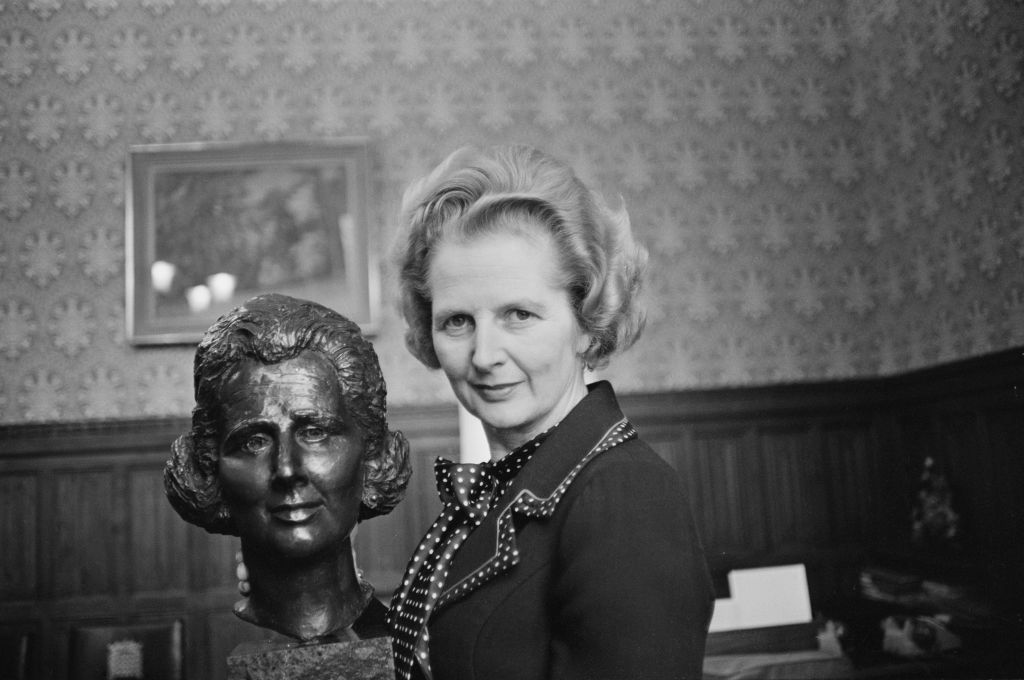 Was Margaret Thatcher great for Britain?
Was Margaret Thatcher great for Britain?The 'Iron Lady’ would be celebrating her 100th birthday this month. Margaret Thatcher rose to power in 1979 as the first ever female prime minister and was one of the most controversial leaders in history, but how did her policies shape today’s finances?
-
 It’s been 16 years, but the UK economy finally has a chance
It’s been 16 years, but the UK economy finally has a chanceOpinion The UK economy has been dealing with one crisis after another since 2007. Policymakers now have a chance to fix some of the underlying problems holding back growth.
-
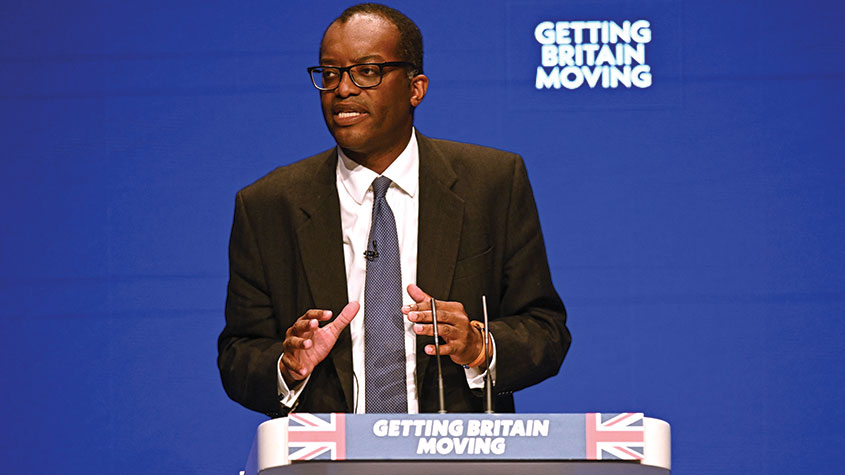 The “plan for growth”: what Truss and Kwarteng got right
The “plan for growth”: what Truss and Kwarteng got rightOpinion The Tories’ “plan for growth” has got off to a bad start, but their reforms can still transform Britain
-
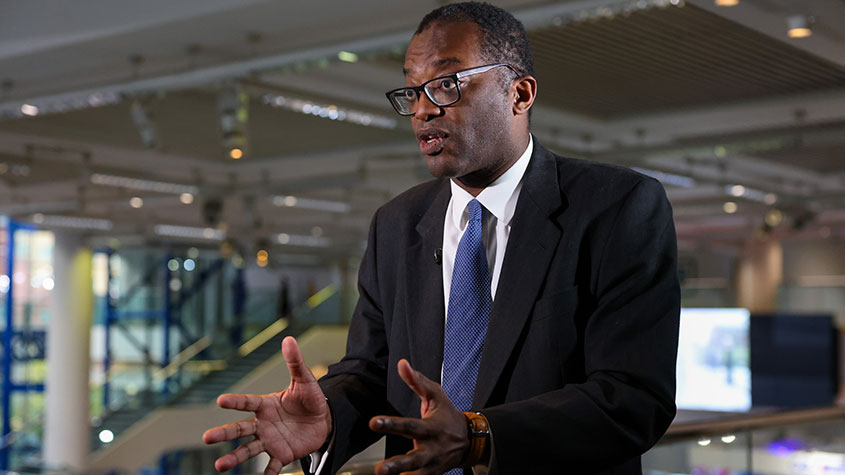 Kwasi Kwarteng U-turns on top tax rate decision
Kwasi Kwarteng U-turns on top tax rate decisionNews Kwasi Kwarteng has U-turned on his top tax rate reduction announced in his mini-Budget at the end of September.
-
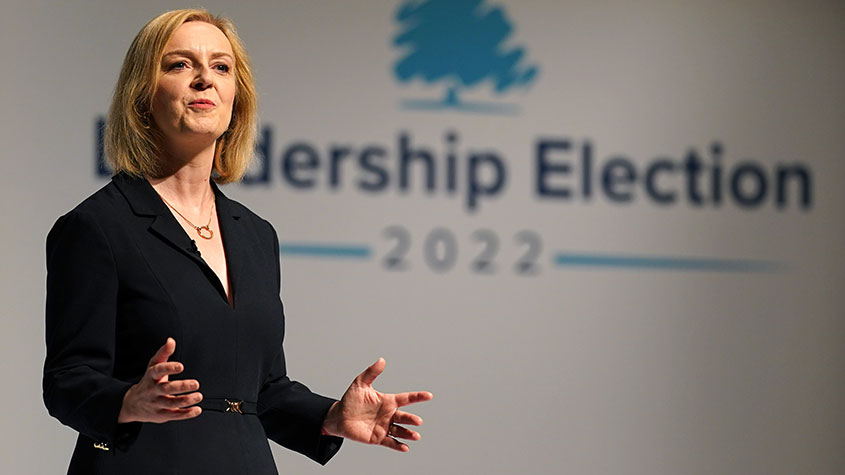 Investors should get ready for a political revolution
Investors should get ready for a political revolutionOpinion Liz Truss will beat Rishi Sunak, cut taxes, and then shake up the Bank of England, says Helen Thomas
-
 Who will be the next prime minister and what are the bookies’ odds?
Who will be the next prime minister and what are the bookies’ odds?News The Tory leadership contest is in its final phase. Matthew Partridge reports on the contest and looks at who the bookies’ favourite is.
-
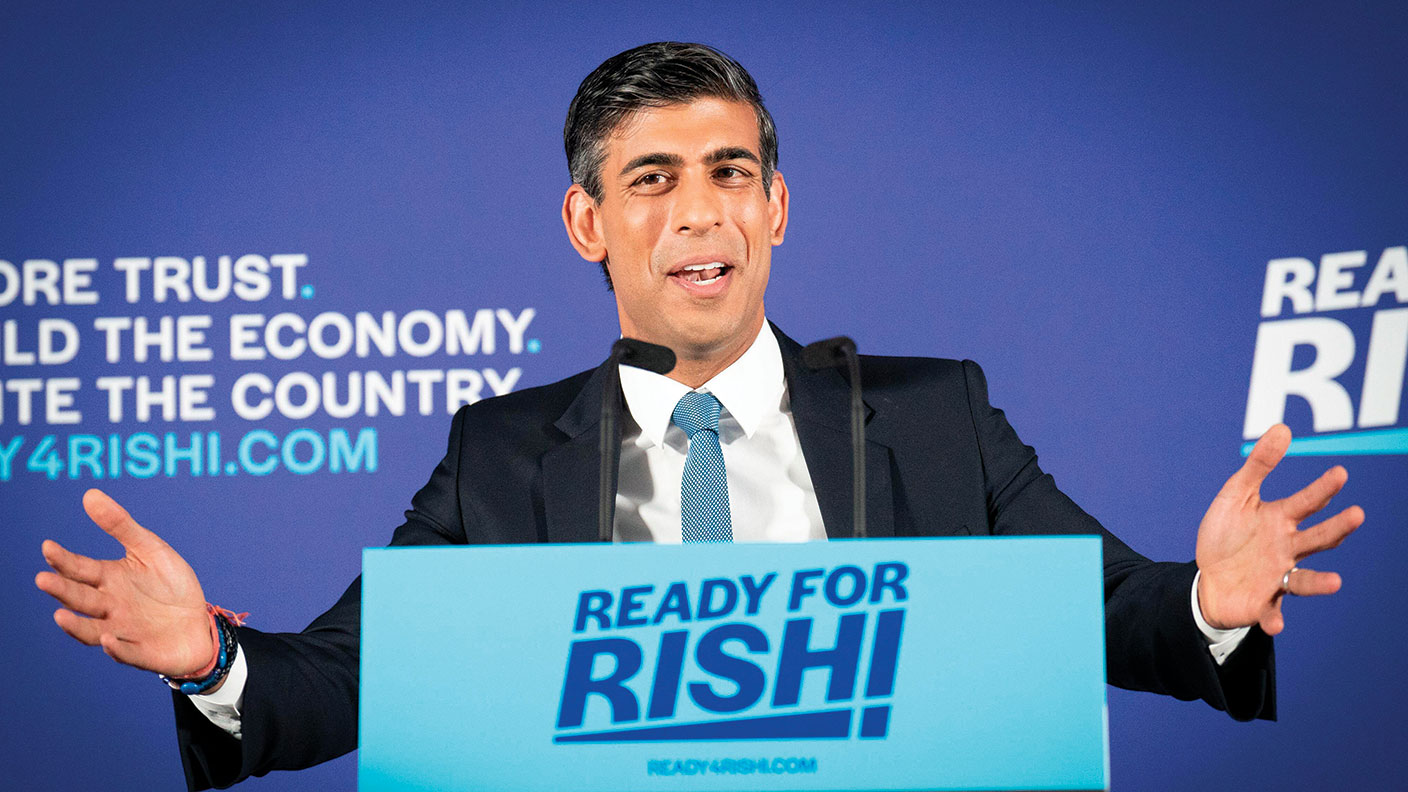 The public may have reached its limit for tax rises
The public may have reached its limit for tax risesEditor's letter The UK tax burden is now at a 70-year high. And, while there may be some reason to hold off on cuts right now, taxes are too high because the state tries to do too much. Perhaps it should do less, says Merryn Somerset Webb.
-
 Boris Johnson's exit leaves Britain with a towering in-tray
Boris Johnson's exit leaves Britain with a towering in-trayBriefings Britain’s economic problems are rapidly piling up after the last few years of drift and chaos. What should we do first?